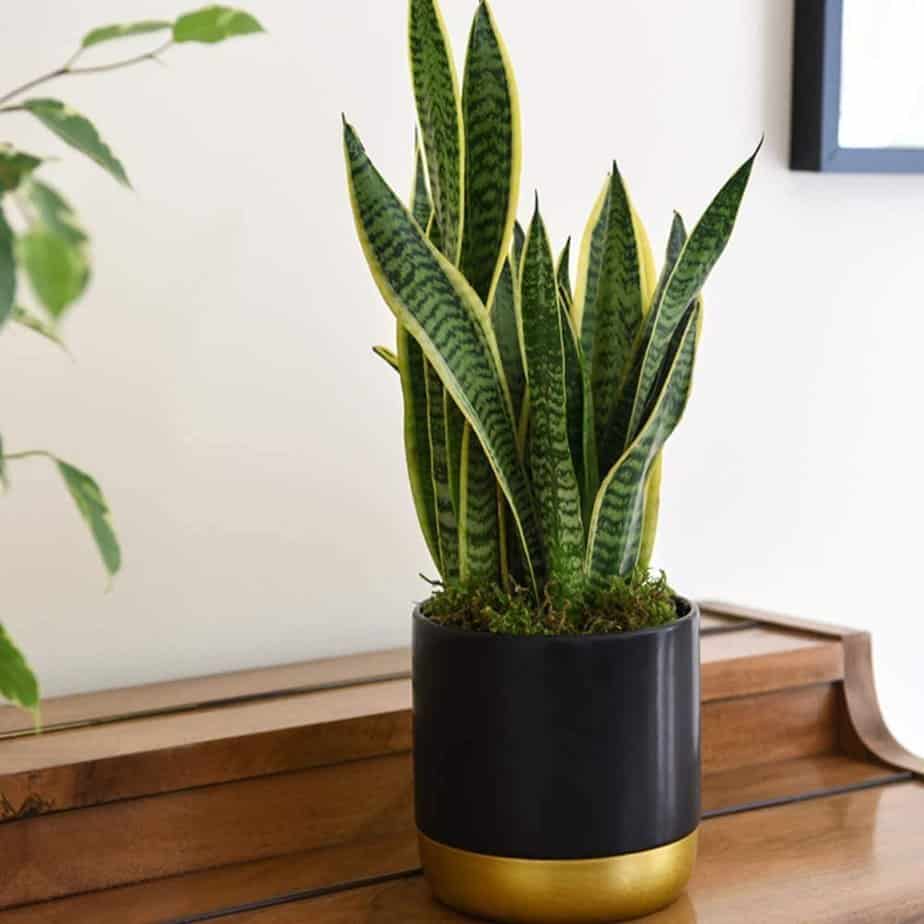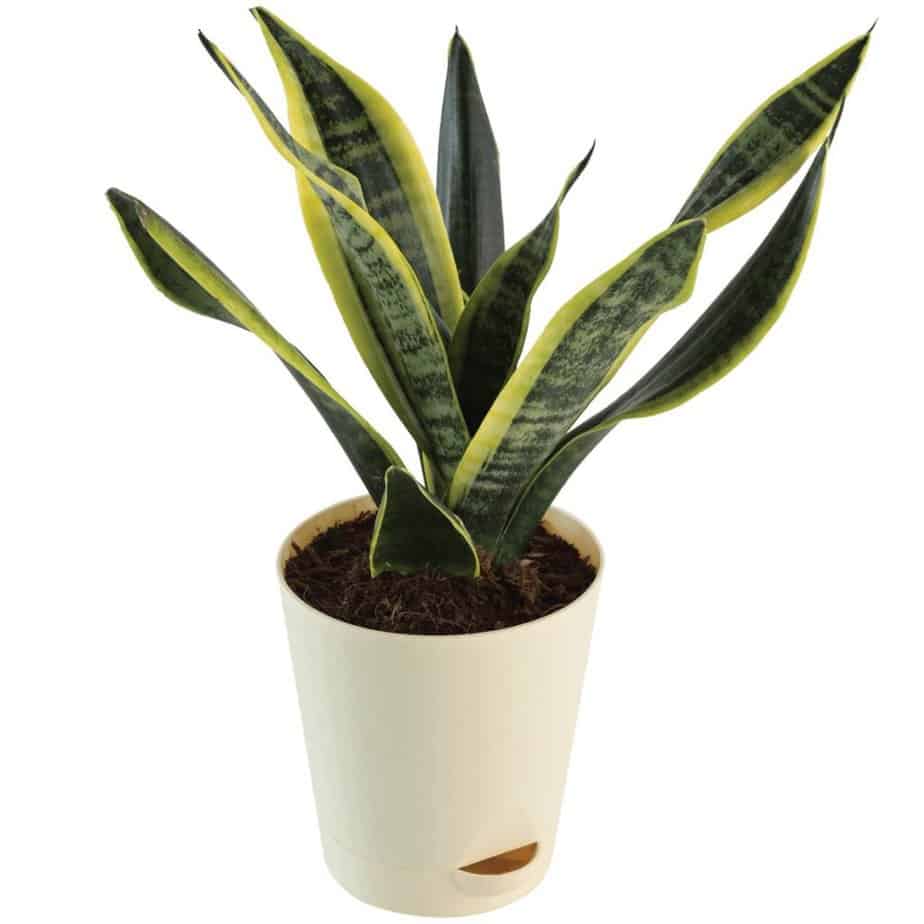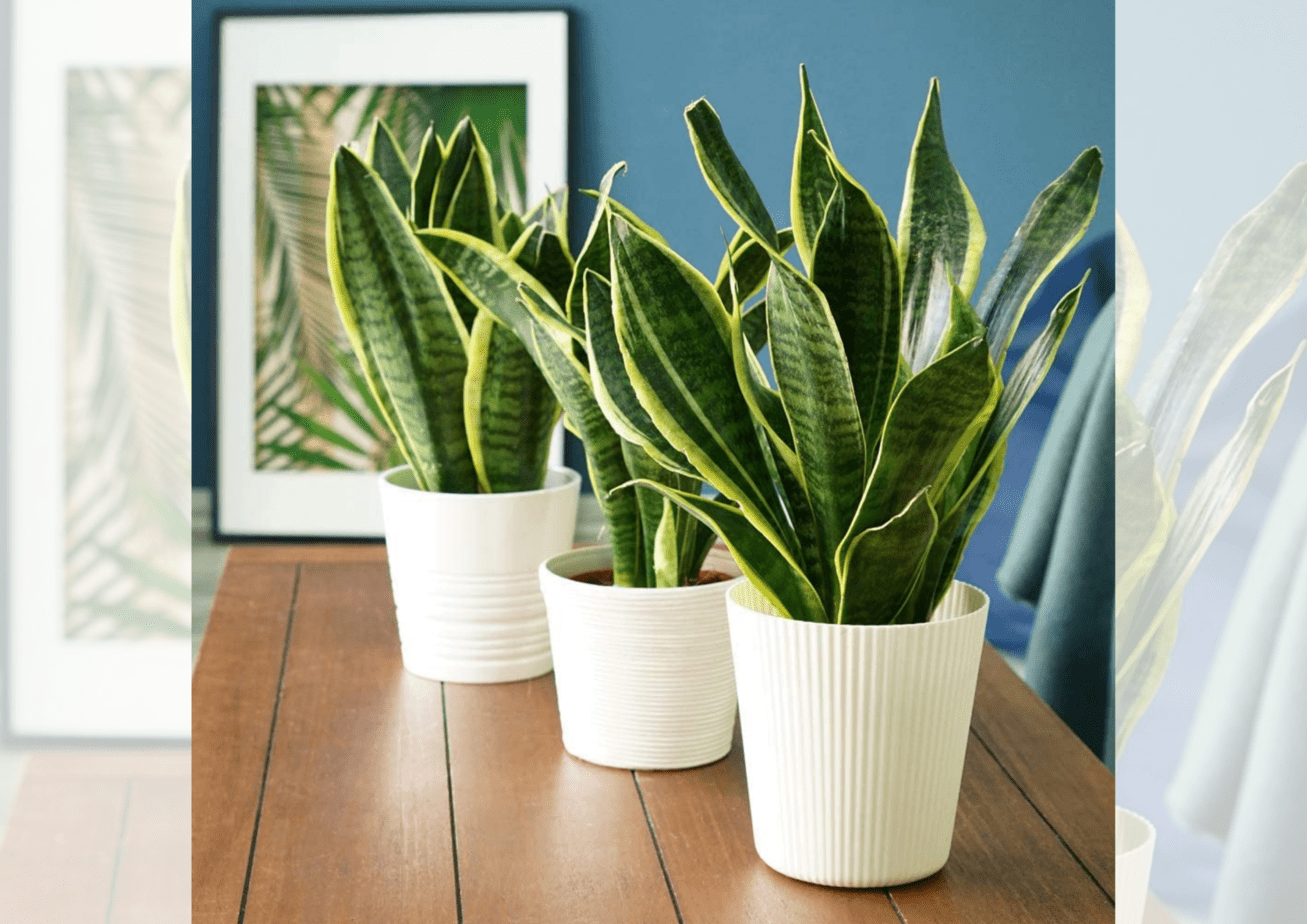
Are you aware of the snake plant disadvantages? Despite this, most people know that snake plants provide some benefits to those around them.
Toxic pollutants are filtered from indoor air by snake plants, one of their most spectacular benefits. So, it’s no wonder that many people have this indoor plant around their homes.
The plants that are slow-growing indoor plants, however, do have disadvantages that seem to diminish their usefulness in the end. Many people avoid placing snake plants around their homes because of their disadvantages.
What are the disadvantages of snake plants? Learn more about snake plant disadvantages in our post below!
Snake Plant Disadvantages
Before you purchase a snake plant, it’s essential to be aware of its minor flaw. There are several factors snake plant disadvantages you should pay attention to.
Bad Luck
Snake plant disadvaOne of the most influential reasons people do not want snake plants around their home may be this argument. According to Feng Shui, snake plants generate bad luck because their energy generates discordant and negative energy.
The mother-in-law’s tongue plant has a reputation for generating bad speech which causes strained relationships between couples and will make their relationship worse if it is placed around their home.
There are still people who believe that this snake plant’s bad luck is not really associated with the plant itself, but rather what position the snake plant occupies that truly brings bad luck.
In the same way that the position of the plants in a home or office room is crucial and influential in Feng Shui, this argument also holds water. Generally, this plant should be grown in locations with a lot of wood elements like the southern, eastern, and southeastern corners.
It is also believed that a snake plant does not require a crowded place as, once the plant is crowded, it releases negative energy and brings misfortune to those around it. The plant should therefore be placed in a low-traffic area so that it can release positive energy instead of negative effects.
Plants that are commonly thought of as bad luck plants, however, may have designs that deliver unwanted energy. In this case, many people believe that poverty and negative energy are to blame for bad luck. It’s for this reason that they tend to shy away from having and placing this plant in their homes.
Cactus plants, for example, have spines pointing in every direction. Therefore, if you place them in the wrong position in your home, this plant could hurt you or your children.
There is, however, a wide range of bad luck and good luck associated with this plant. Therefore, when people choose a plant to grow or buy, they often take into account the luck associated with that plant.
Watering
Water is another technical disadvantage of the snake plant, in addition to bad luck. What negatively affects this plant is too much water or waterlogged soil.
The problem is that it’s one of the main killers of this plant. However, many gardeners are unaware of this. Thus, they give them more water, which this plant needs. Therefore, it kills or makes them unhealthy.
The root rot will appear when it grows in waterlogged soil because your plant can’t dry out fast, which causes the plant to die without warning.
Waterlogging can be controlled by choosing the soil that drains well and controlling the amount of water. You should water snake plants at least once every week or two, depending on the environment.
Cold Temperature
One of the snake plant’s disadvantages is that it can also be damaged by the cold. Snake plants require a temperature range of 55 to 80 °F during the day and 55 to 70 °F at night. Temperatures below 55 °F are unhealthy for this America’s favorite houseplant.
The cold temperature, however, is such a big disadvantage as it restricts the growing of snake plants to specific regions unless they are grown with sophisticated gardening equipment. In order to control your snake plant, avoid growing it during certain seasons, especially if you live in a cold climate.
Pests Threat
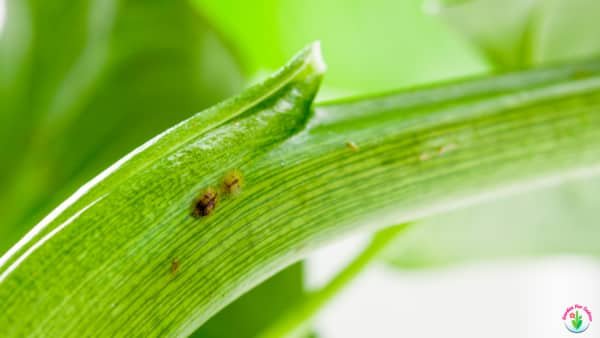
Credit: gardenforindoor.com
You should know that your snake plant is susceptible to pests like mealybugs and spider mites. This plant is susceptible to pest infestations because they feed on the sap of the plant, causing the plant to weaken and shed its leaves.
It is crucial that you keep an eye out for any signs of pests on your snake plants. If your plants are few, please control them with your hands if you see any.
Additionally, you can spray them away with water or use chemicals to control them. In addition to tossing away the infested ones, throw out any others you don’t need.
Thrips Threat
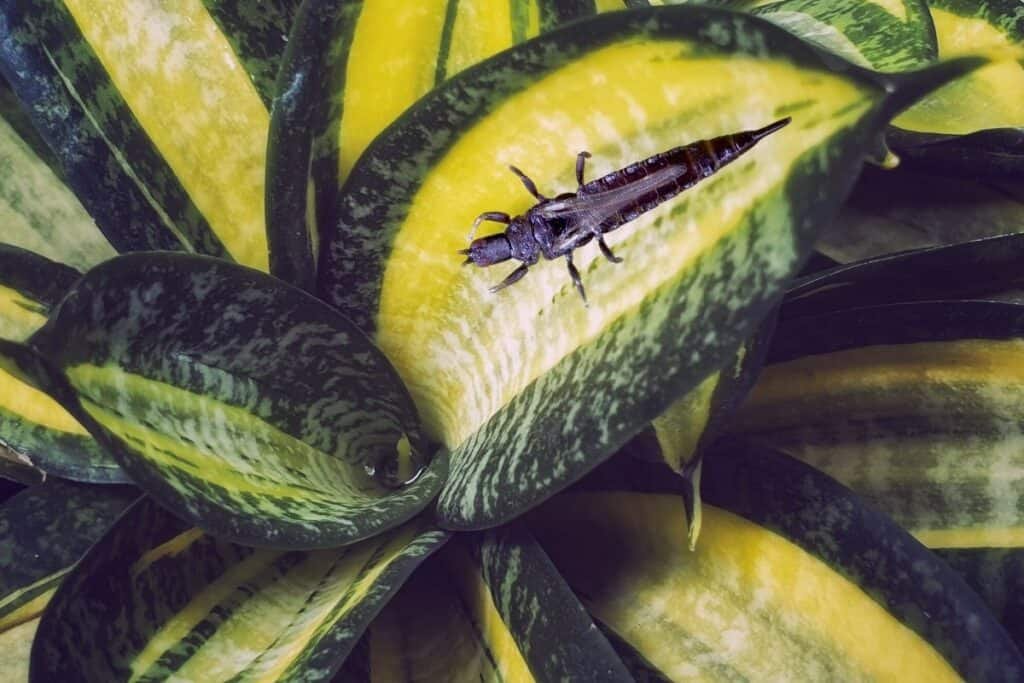
Credit: gardeningdream.com
Snake plants also encounter thrips as a great disturbance. However, you can see any signs of them, such as the curling of the leaves getting wilty soon, with your naked eyes.
This virus is very dangerous to your plant since it causes tomato spotted wilt on snake plants that have not been cured yet. Thrips can be controlled by wiping your snake plants with a clear cloth or removing any plants showing signs of infestation.
Too Much Sunlight
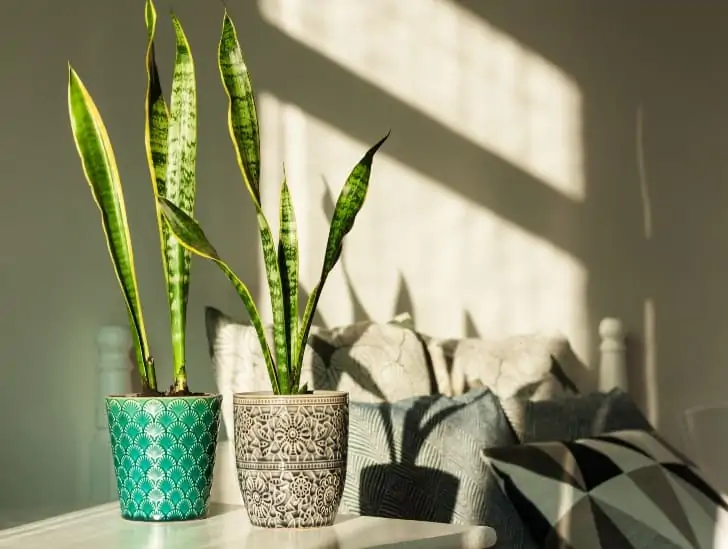
Credit: cactusway.com
The last snake plant disadvantages that you must know. A full-sun location will cause your plant to wilt and the leaves to dry out. You can have a snake plant die if you leave the situation unattended. Snake plants need sunlight, but they do not need a lot of heat.
In order to prevent the snake plant from scorching, you should keep it out of direct sunlight. Do not bring snake plants near the sun without first covering them with a transparent Bylon, which will reduce the scorching heat.
Those are a few things you should know about snake plant disadvantages.
Conclusion
It is important to understand the snake plant disadvantages before you buy one. Also, be sure to understand the plant’s invasive characteristics.
Snake plants may be a nice addition to a home with a low humidity level, despite the fact that they aren’t the most popular houseplant. Snake plants can grow straight and beautiful in your home with proper care.
Frequently Asked Questions
Are snake plants poisonous?
Snakes are not poisonous, contrary to popular belief. When consumed, however, they may be harmful to pets and children. Always keep them out of reach.
How can I tell if a snake plant is healthy and will grow well in my garden?
You may check for indications of bugs or diseases on a snake plant’s leaves and whether they are green and full to determine if it is healthy. Obtaining a soil sample and testing it for pH, water retention, and fertility is the best way to determine whether a snake plant will thrive in your garden.
What are some of the disadvantages of snake plants?
The snake plant disadvantage include that they take up a lot of room, don’t do well when wet, and are difficult to grow. For more info about snake plant disadvantages, you can read this article.
Do Snake Plants Require Specific Lighting or Watering Conditions to Grow Well?
The needs of snake plants grow depending on the variety and quantity of light they get, so there is no one-size-fits-all answer.
Most snake plants, on the other hand, need some degree of illumination to thrive properly, although they may also flourish in low-light settings. Throughout the summer, some watering may be needed, however watering should be kept to a minimum.
What should I do if I see a snake plant growing in my garden that is not safe to be around?
Remove any snake plant from the location if you discover it in your yard that is not safe to touch. Otherwise, you can get rid of the plant safely with the help of a professional landscaper or garden center staff member.

